Also attending were members of the Party Central Committee, leaders of a number of central ministries, departments and branches; leaders of provinces and cities in the Red River Delta.
On the side of Ninh Binh province, there were comrades: Doan Minh Huan, member of the Party Central Committee, Secretary of the Provincial Party Committee; Pham Quang Ngoc, Deputy Secretary of the Provincial Party Committee, Chairman of the Provincial People's Committee; Nguyen Cao Son, member of the Provincial Party Committee, Vice Chairman of the Provincial People's Committee; leaders of a number of provincial departments and branches.
The Red River Delta includes 11 provinces and cities, including 2 centrally-run cities: Hanoi and Hai Phong, and 9 provinces: Quang Ninh, Vinh Phuc, Bac Ninh, Hai Duong, Hung Yen, Thai Binh, Ha Nam, Nam Dinh , and Ninh Binh. This is a region of strategic significance, of the utmost importance to the country in terms of politics, economics, culture, society, national defense, security, and foreign affairs.
Promoting the great potentials and advantages for development, the economy , culture and society of the region have achieved many important results and achievements, making great contributions and having leading significance for the economic growth of the whole country, promoting and supporting other regions to develop together. According to the General Statistics Office, the average economic growth of the region in the period 2005-2020 reached 7.94%/year. The economic scale of the region has always been expanding. The proportion of contribution to the national GDP increased from 26.9% in 2010 to 29.4% in 2020; GRDP per capita reached 103.6 million VND/year, 1.3 times higher than the national average; the total state budget revenue of the region accounted for 32.7% of the total budget revenue of the whole country; total social investment capital accounted for 35.1%, ranking first in the country.
The economic structure has shifted relatively rapidly towards increasing the proportion of industry-construction and services. Foreign investment attraction has increased sharply. Cultural and social fields have received attention; social security has been ensured, and the material and spiritual life of the people has been constantly improved. The rate of communes meeting new rural standards has reached 99.2%, ranking first in the country. This is also a leading center for healthcare, education - training, science - technology with a team of talented intellectuals and a large number of high-quality workers; it is the cradle of production, training and supply of human resources for the whole country with many prestigious universities and research centers...
At the meeting, leaders of localities in the Red River Delta reported on the implementation of the Resolution of the 13th National Party Congress and the Resolution of the Party Congresses of provinces and cities; shared experiences, good lessons as well as difficulties and obstacles in the development process. Delegates also proposed and recommended to the Central Committee a number of contents such as: The National Assembly, the Government and the Central Ministries and branches focus on researching and building new laws, amending and supplementing legal documents to perfect the legal system in the direction of unity, synchronization, and long-term stability to build and develop a socialist-oriented market economy, especially legal regulations on land, planning, investment, construction, etc.
Increase investment resources for infrastructure development, especially key transport and irrigation projects with regional connectivity and linkage to promote the advantages of each locality in socio-economic development; issue specific mechanisms and policies suitable to the characteristics, roles and practices of localities possessing UNESCO-recognized heritage; pilot a number of specific mechanisms and policies to build cultural industries and heritage economies, test the application of new technologies and new business models associated with startups and innovation; further strengthen linkage activities, promote the internal strength of local and regional economies, etc.
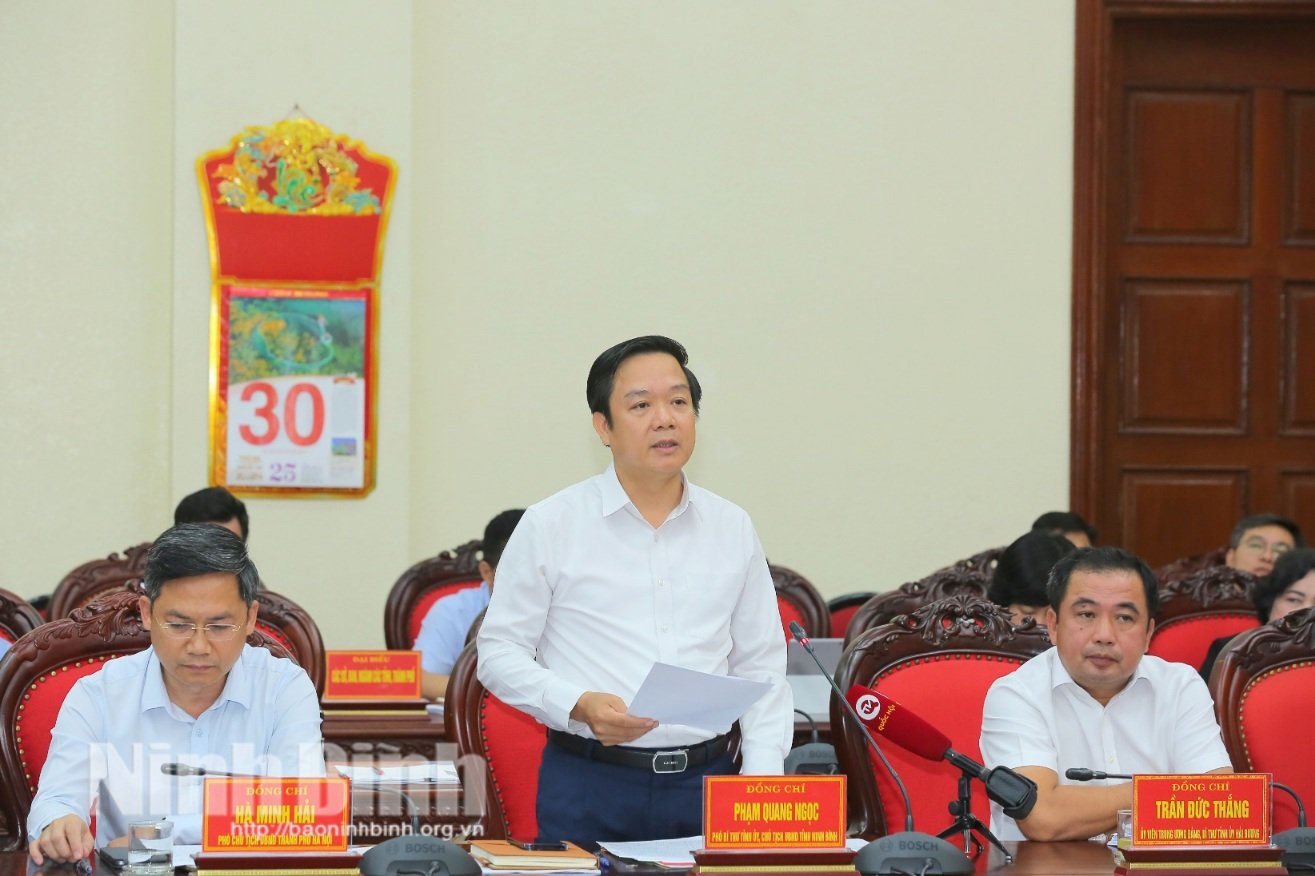
Sharing about the results and lessons learned from Ninh Binh, comrade Pham Quang Ngoc, Deputy Secretary of the Provincial Party Committee, Chairman of the Provincial People's Committee said: Since the 20th Provincial Party Congress, Ninh Binh has changed its thinking and actions in its development orientation, always adhering to the "Green and Sustainable" development orientation, which has created a balanced foundation for the province's socio-economic development. The economic structure has shifted strongly towards industry and services. Since 2022, Ninh Binh has become a province with a self-balancing budget. New rural construction has gone into depth, achieving many great results, creating the basis for shortening the rural-urban gap associated with promoting urbanization in dynamic areas. Culture and society have developed comprehensively, unique cultural values have been promoted and spread globally, gradually transforming into resources for economic growth. Foreign affairs activities and investment promotion have been comprehensively innovated. Social security, political security, and social order and safety are guaranteed.
The Chairman of the Provincial People's Committee also said: After nearly 40 years of implementing the Party's renovation policy and 32 years of re-establishing the province, Ninh Binh province has drawn a number of lessons in managing and operating economic, cultural and social development. That is, Ninh Binh has transformed its growth model from "brown" to "green". This is an important orientation for Ninh Binh to strongly promote its distinct potential, outstanding opportunities and competitive advantages. Therefore, since 2000, the green economic development strategy has been included in the guiding viewpoint throughout many Congress terms and shaped methodical steps towards comprehensive, fast and sustainable development. In which, tourism is identified as a key economic sector, striving to become a national tourism center, the Asia-Pacific region and promoting the development of cultural industry, taking green and clean industry as the driving force for development.
In addition, Ninh Binh has effectively mobilized and used resources and joint ventures and associations in attracting investment. In particular, it has effectively mobilized and used a combination of public and private resources, typically with outstanding results in the conservation and promotion of the values of Trang An Scenic Landscape Complex. This is considered one of the most exemplary and typical models in the world for the successful combination of economic development and sustainable tourism, ensuring the harmony of interests of people and businesses, especially Trang An-Hoa Lu has become the nucleus, foundation, basis, and important driving force for Ninh Binh province to strive to become a centrally-governed city by 2035 with the characteristics of a Millennium Heritage City and a creative city.
In addition, in industrial development, the province has early implemented investment attraction to develop processing and manufacturing industries, ensuring compliance with the orientation of ecological environment conservation. One of the typical models for joint ventures and associations in attracting investment is the joint venture between Thanh Cong Group and Hyundai Group in the direction of co-ownership. Since then, key product industries with brands have been formed, bringing many practical benefits, contributing to the socio-economic development of the locality.
Regarding agricultural production, Ninh Binh has a very limited land area, of which the conservation area accounts for about 40%, and the development space is only about 60%. Therefore, the province has changed its thinking from agricultural production, using output as a measure, to agricultural economic thinking, from single-sector development to cooperation, multi-sector development, and multi-value.
From the experience of preserving and promoting the value of Heritage in the world as well as in Vietnam and the reality of the province, the Chairman of the Provincial People's Committee also proposed that the Central Government have a viewpoint, leadership policy, and promulgate policies suitable to the characteristics, roles and practices of localities owning Heritage listed by UNESCO; promote specific criteria for Heritage Urban, as a basis for localities with Heritage Urban to implement development planning. Methods of urbanization and urban classification need to be suitable to the functions of Heritage Urban, to preserve and promote the values of World Cultural and Natural Heritage, research suitable residential and livelihood models for residents of heritage areas.
In addition, there should be mechanisms and policies to support, promote and guarantee the development of domestic enterprises. At the same time, it is necessary to focus on developing the unique cultural values of the Red River, creating momentum for the development of the region as well as the country. In addition, there should be balanced, synchronous and harmonious development between the North and South Red River regions; research, calculate and invest in developing logistics and aviation infrastructure connections... in the South of the Red River.
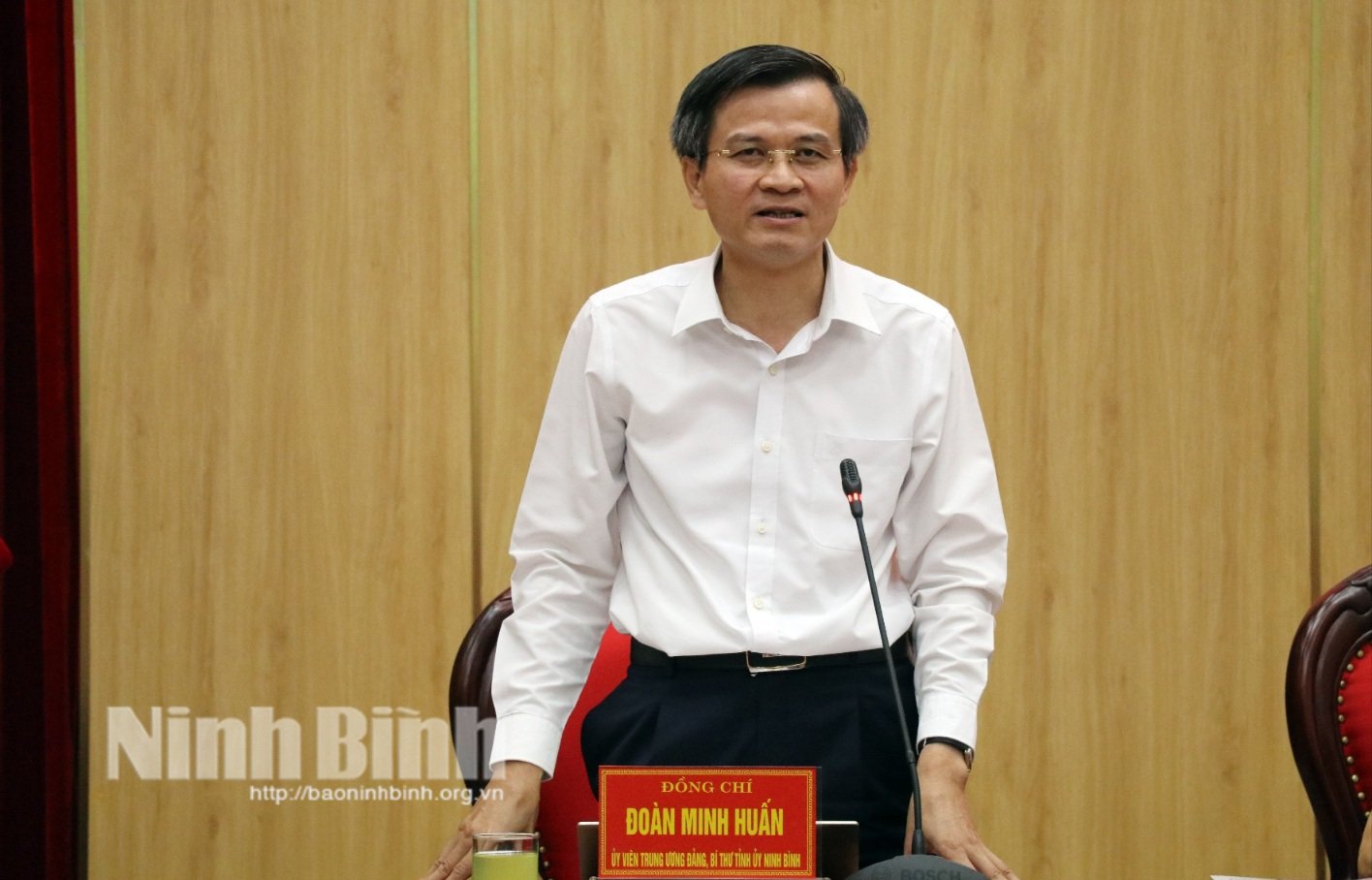
Speaking at the conference, Secretary of the Provincial Party Committee Doan Minh Huan shared his views, orientations and goals for building Ninh Binh into a centrally-governed city by 2035 with the characteristics of a Millennium Heritage City and a creative city. Heritage is an important resource for Ninh Binh to develop its heritage economy, heritage city and ecological city. How to develop heritage resources, landscape values and brand values towards turning Ninh Binh into a center for organizing national and international events and a center for creative startups is always the goal and orientation that Ninh Binh is interested in and making efforts to implement. He said that in order to achieve the province's development goals as well as promote the region's socio-economic development, it is necessary to study mechanisms and policies to solve bottlenecks in governance, market regulation, promote the transformation of a green economy, a knowledge-based economy, and culturalization of the economy, etc.
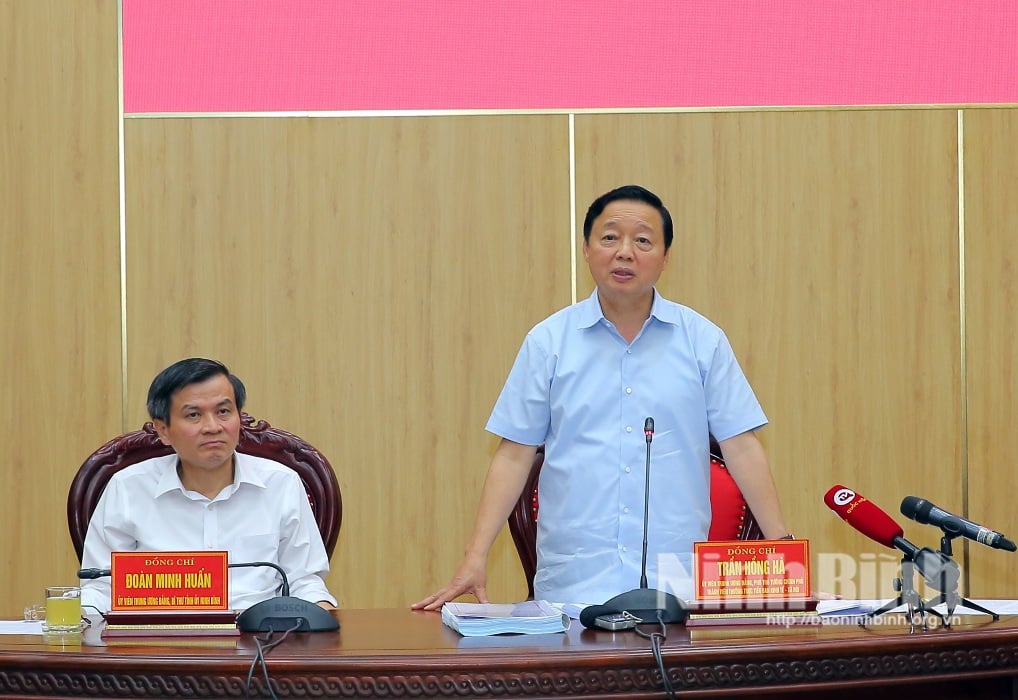
Concluding the conference, Deputy Prime Minister Tran Hong Ha acknowledged and highly appreciated the enthusiastic and responsible comments of the localities. He affirmed that the Red River Delta and the Southeast are two bright spots, playing a strategic role and position in politics and socio-economic development of the whole country. The Deputy Prime Minister suggested that localities in the region need to continue to strongly promote their own strengths, promote socio-economic development towards improving efficiency, quality and sustainability. The focus is on promoting FDI attraction, developing multi-value agriculture, continuing to invest and upgrade socio-economic infrastructure, promoting innovation... Regarding the economic structure, in addition to focusing on industries that represent the trend of the times, it is necessary to focus on developing according to a harmonious natural economic model, an independent, autonomous economy, a knowledge-based economy, a creative economy on the basis of promoting natural values and heritage values.
The Deputy Prime Minister also emphasized that the preparation of documents for the 14th National Party Congress is very important in order to summarize and comprehensively evaluate the results achieved in the Resolution of the 13th National Party Congress, clarify the shortcomings and difficulties, especially the development direction in the coming time. Therefore, the opinions of the localities in the Red River Delta will be synthesized by the Socio-Economic Subcommittee to complete the documents of the 14th National Party Congress.
Minh Hai-Anh Tuan
Source: https://baoninhbinh.org.vn/doan-cong-tac-tieu-ban-kinh-te-xa-hoi-dai-hoi-xiv-cua-dang/d20240730194853465.htm



![[Photo] The ceremonial artillery is ready to "fire" for the second parade rehearsal at My Dinh National Stadium.](https://vstatic.vietnam.vn/vietnam/resource/IMAGE/2025/8/24/883ec3bbdf6d4fba83aee5c950955c7c)



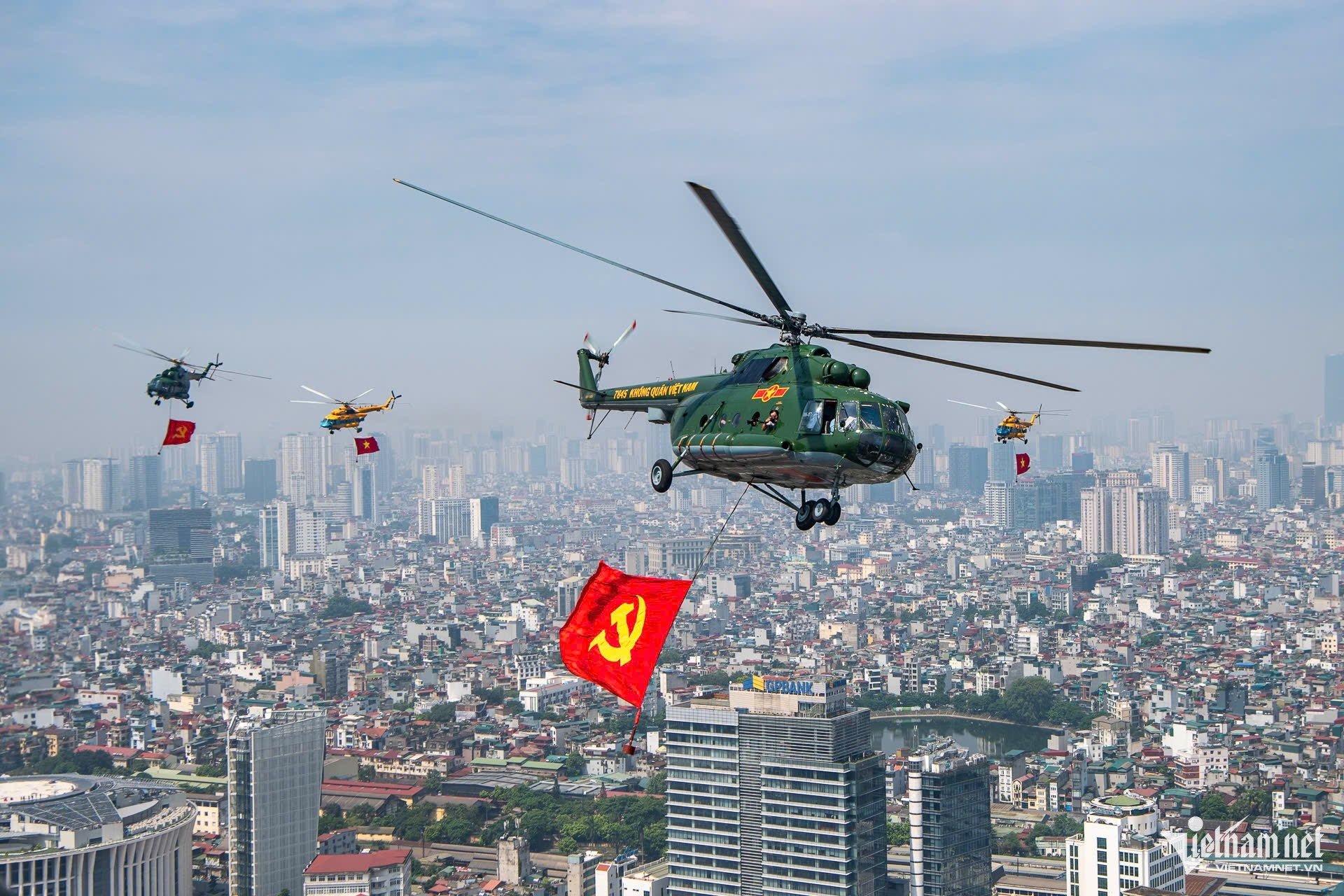
![[Photo] Impressive image of 31 planes taking flight in the sky of Hanoi during their first joint training](https://vstatic.vietnam.vn/vietnam/resource/IMAGE/2025/8/24/2f52b7105aa4469e9bdad9c60008c2a0)





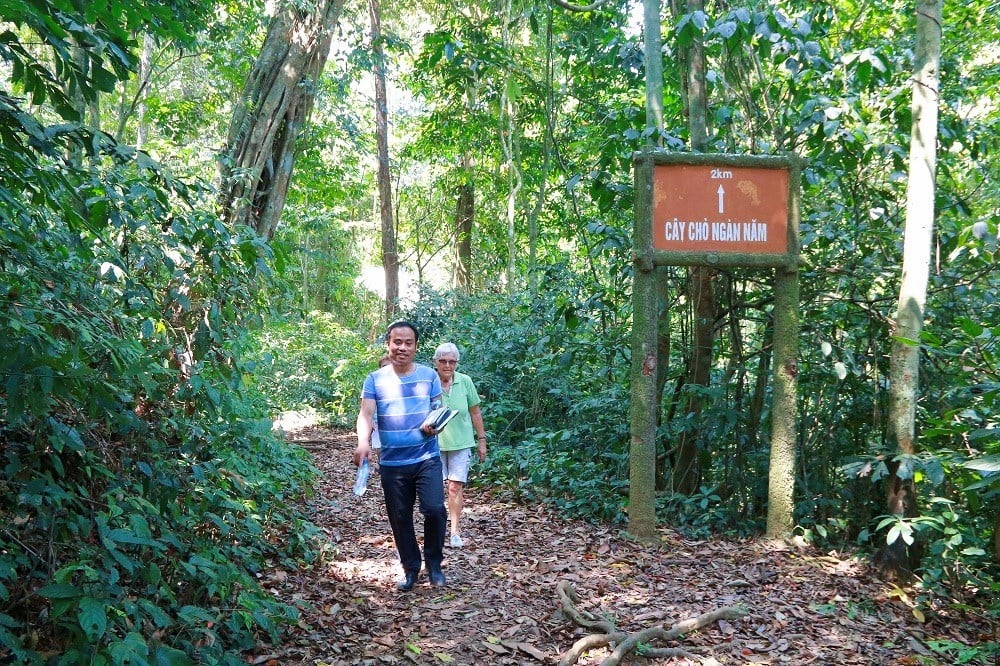


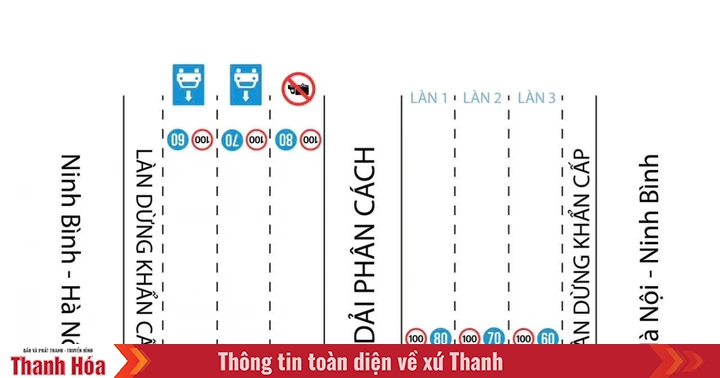

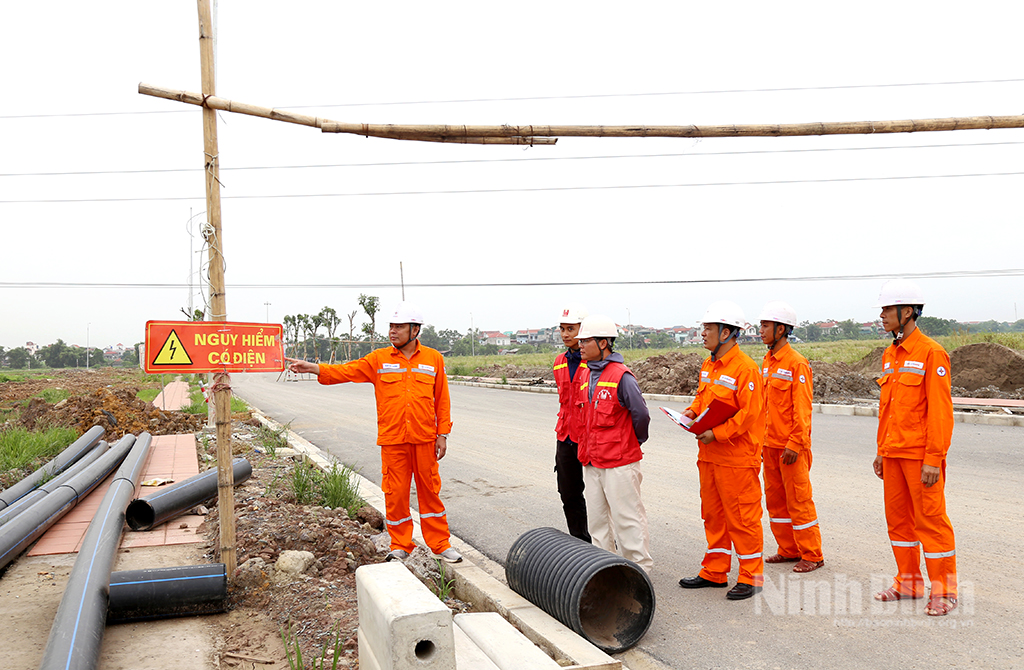

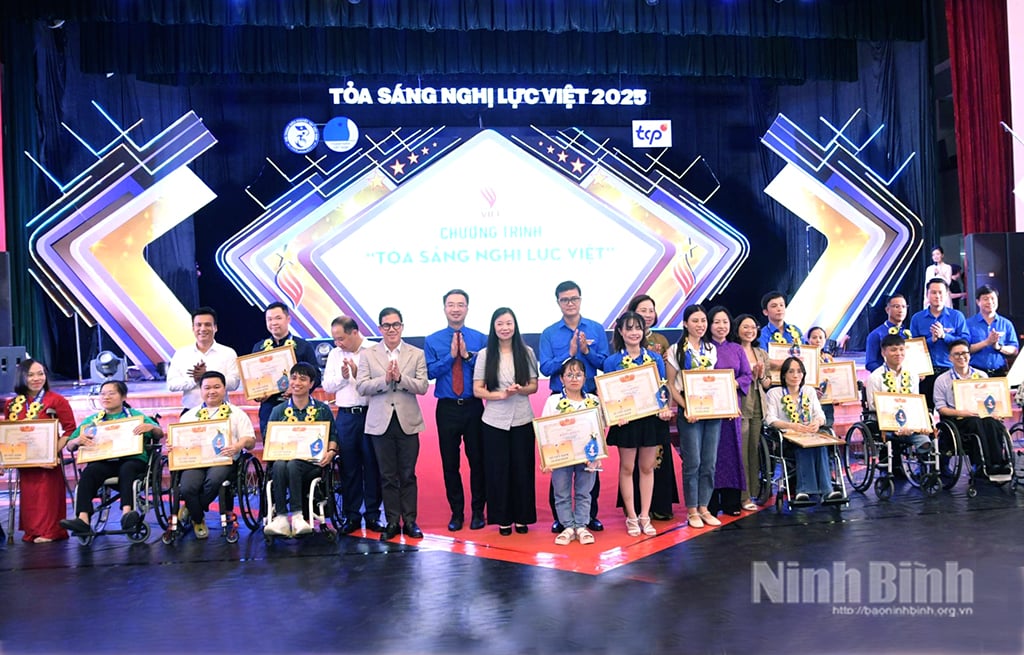
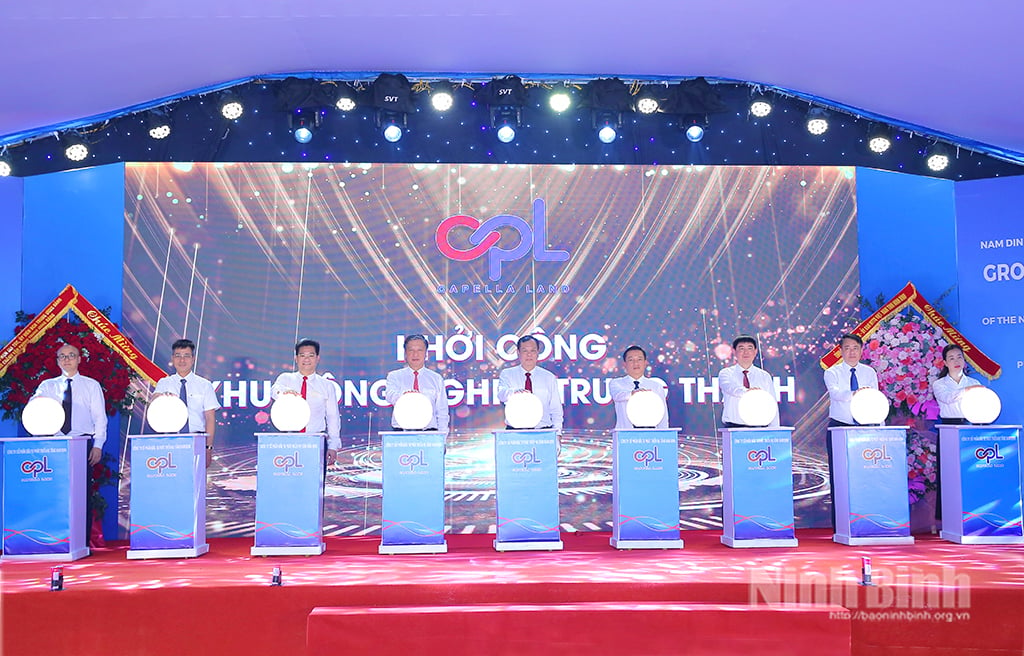
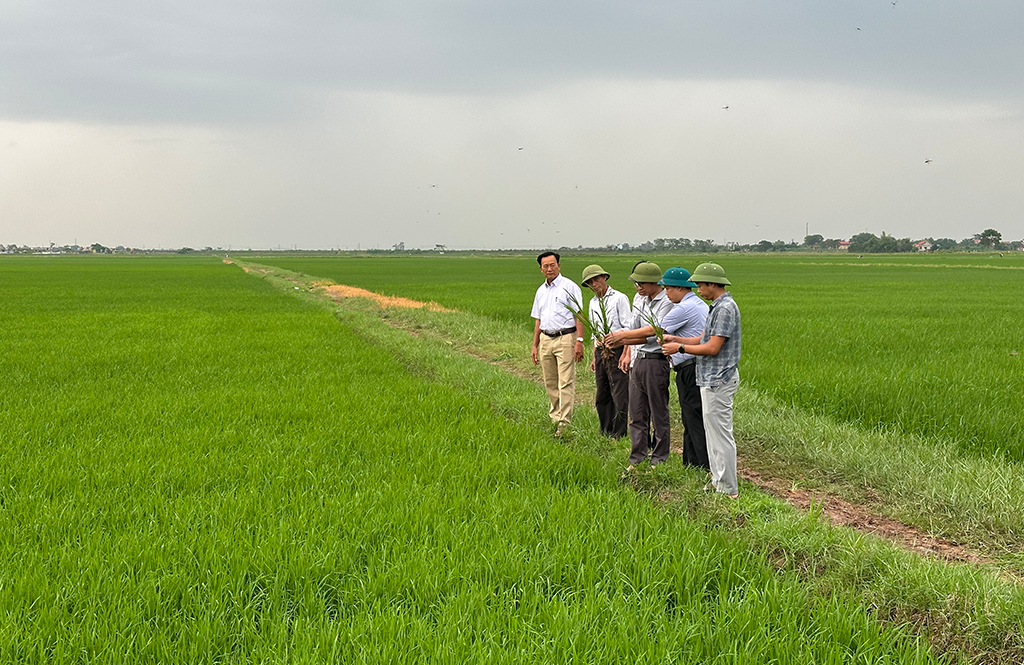
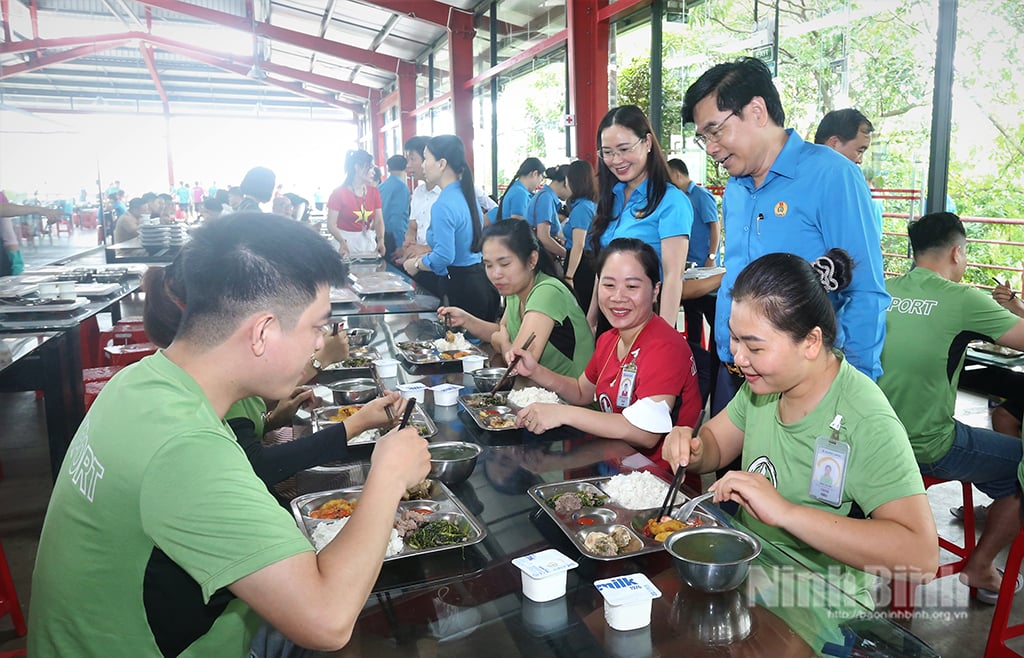
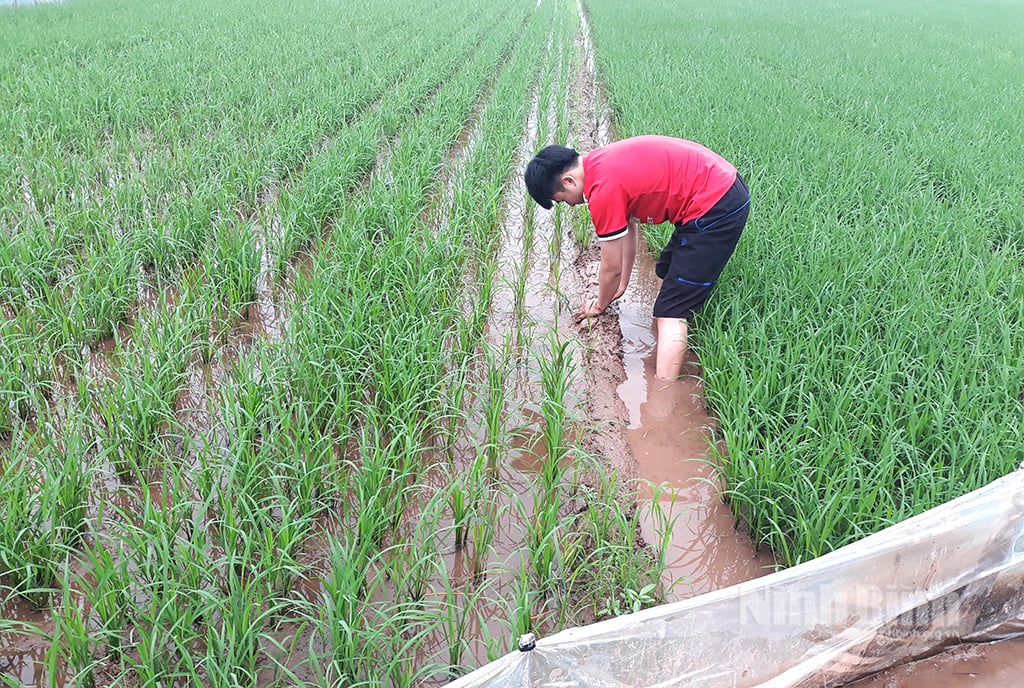



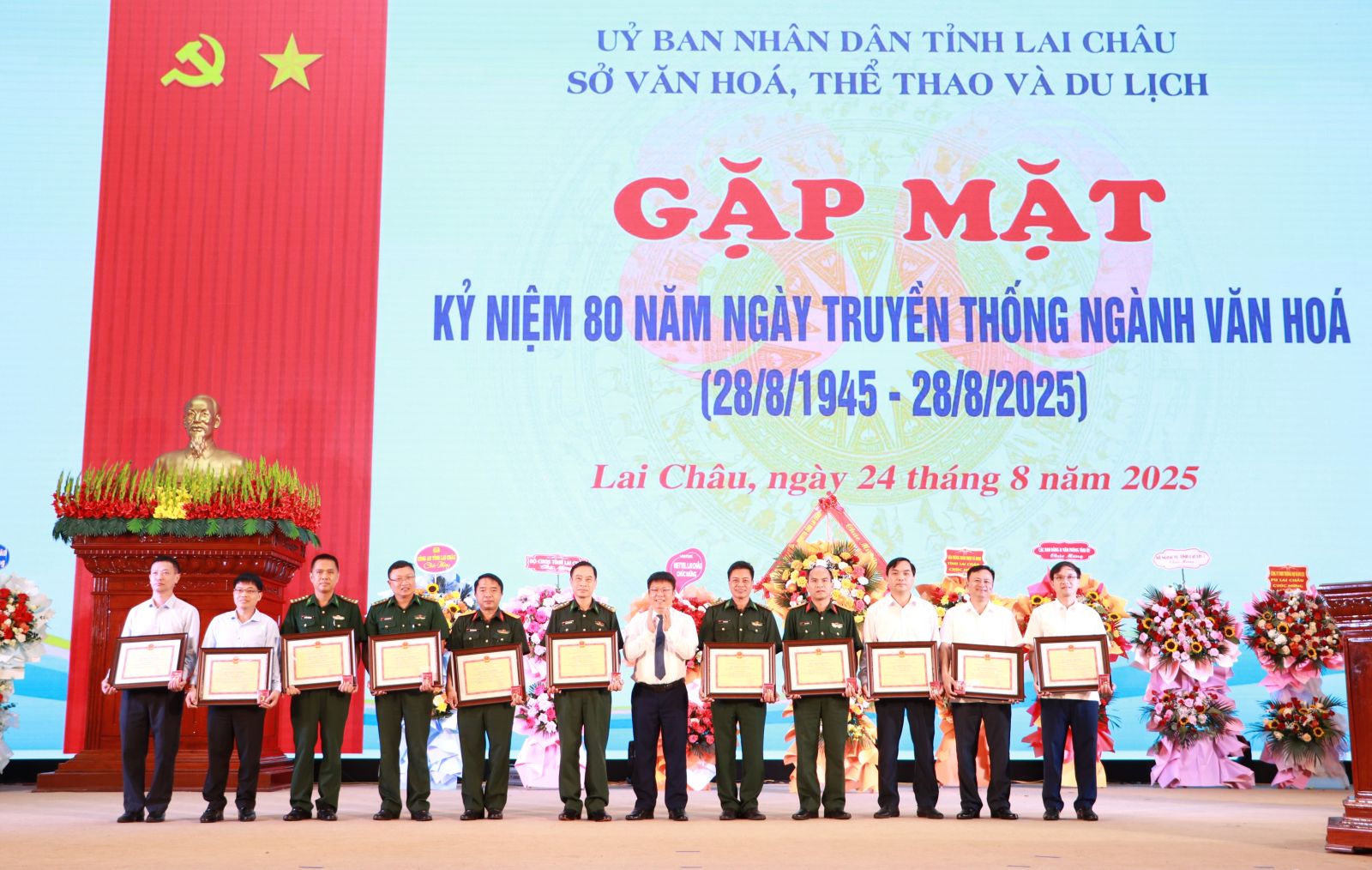
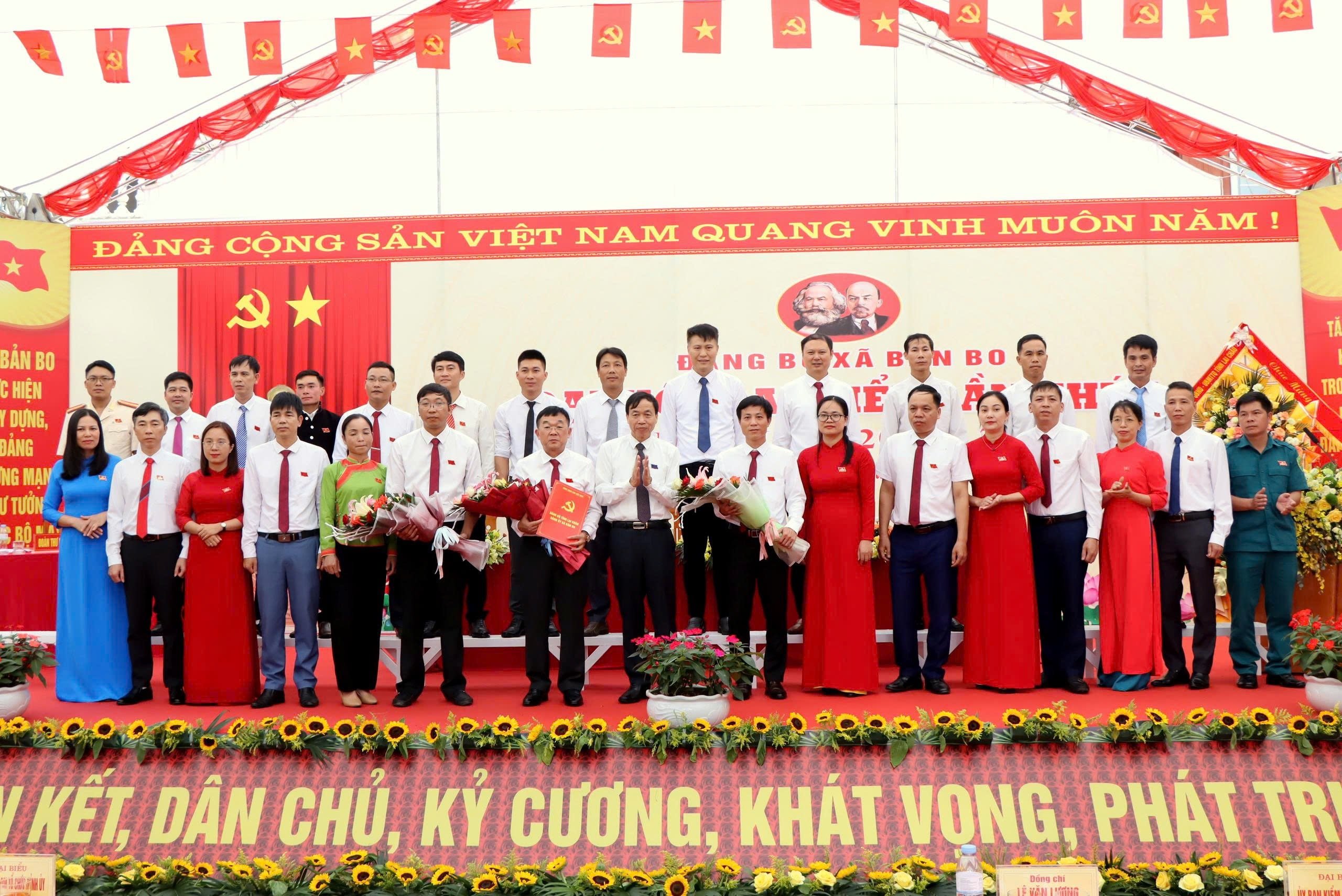
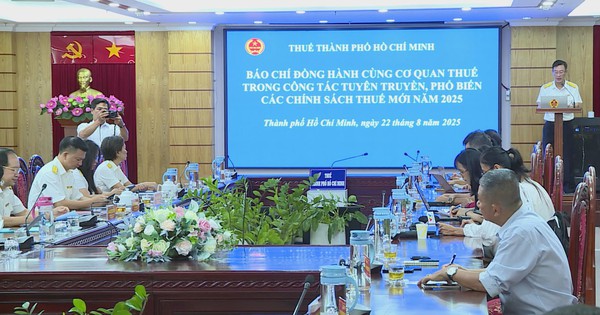
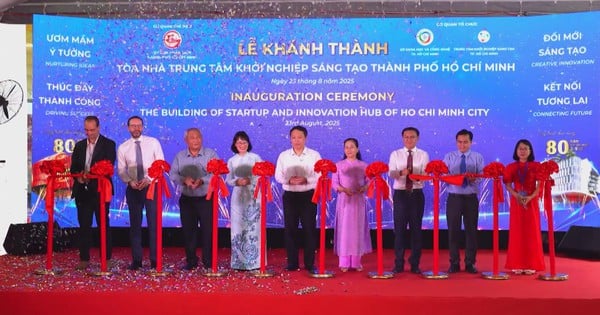
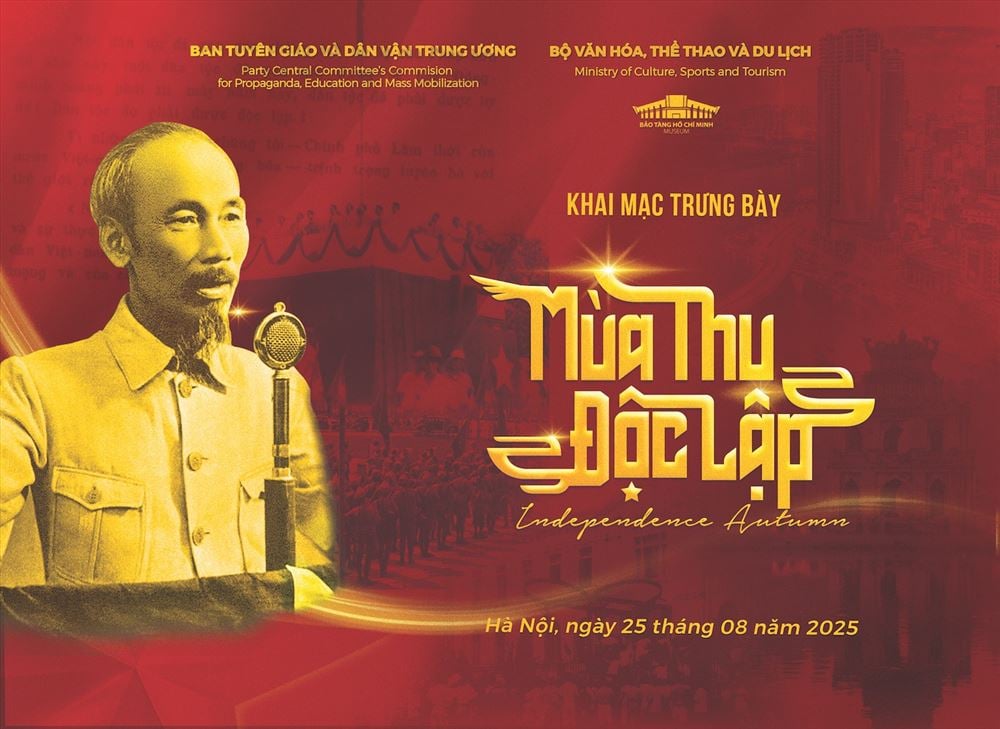

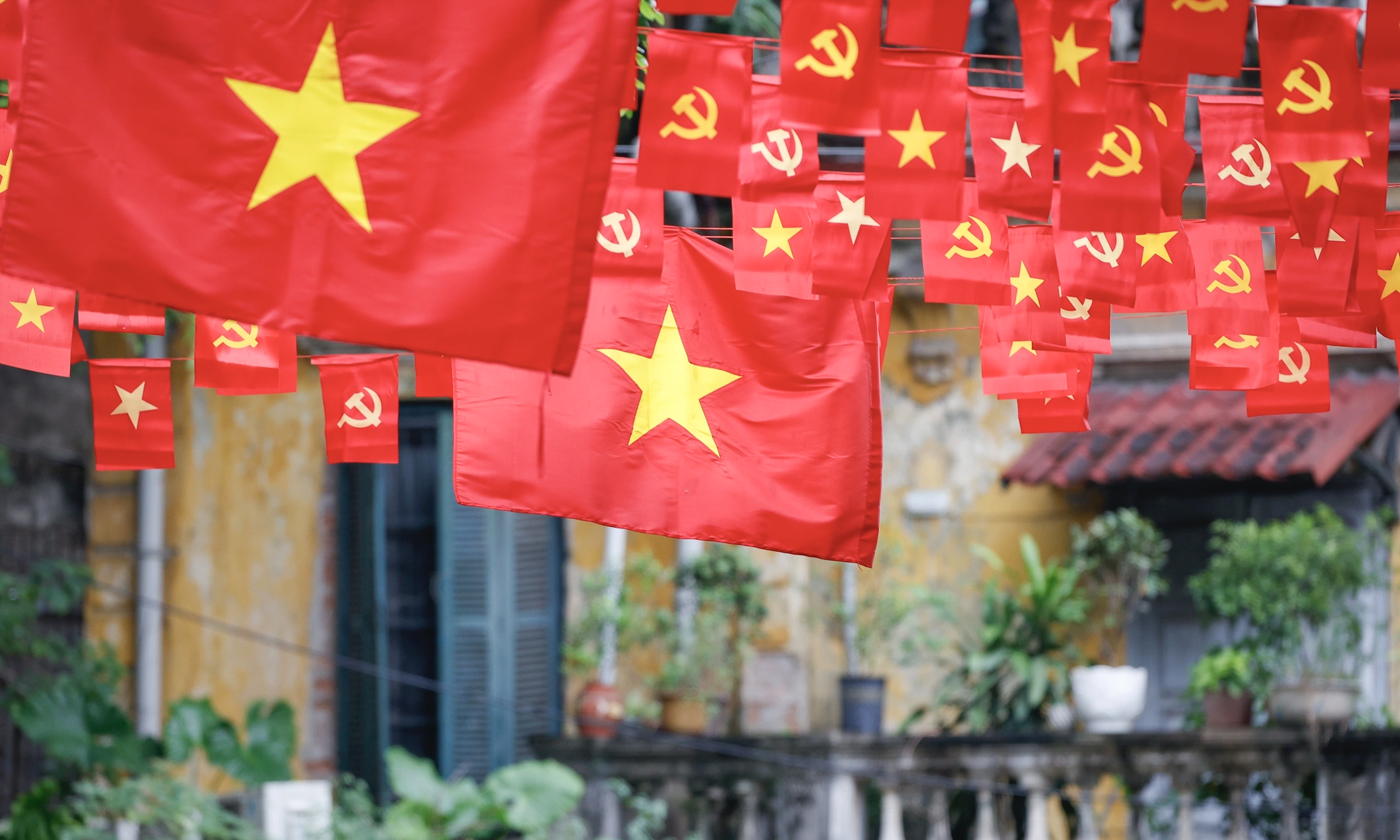











































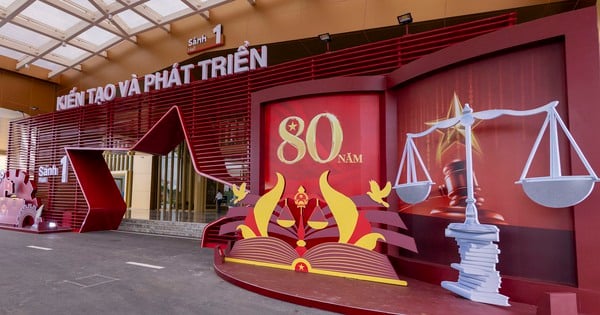


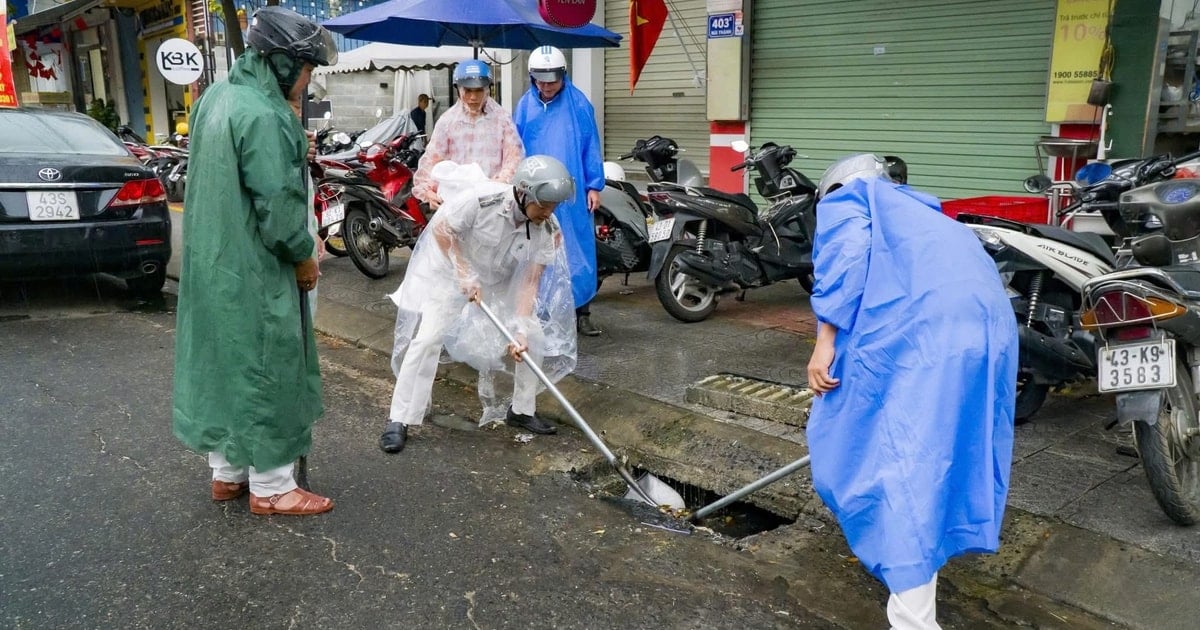

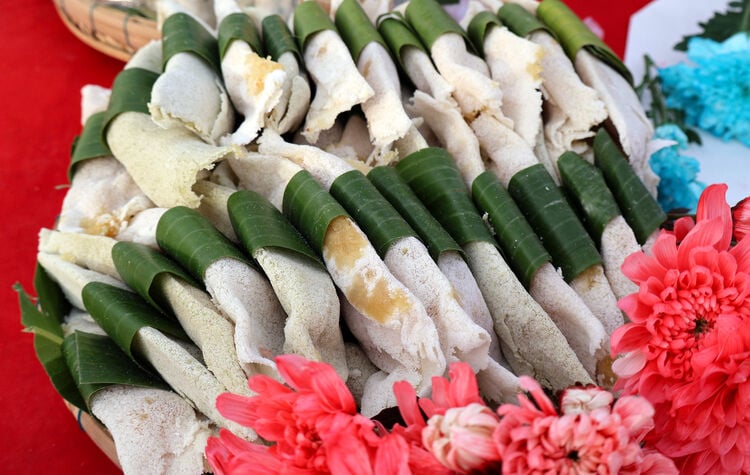


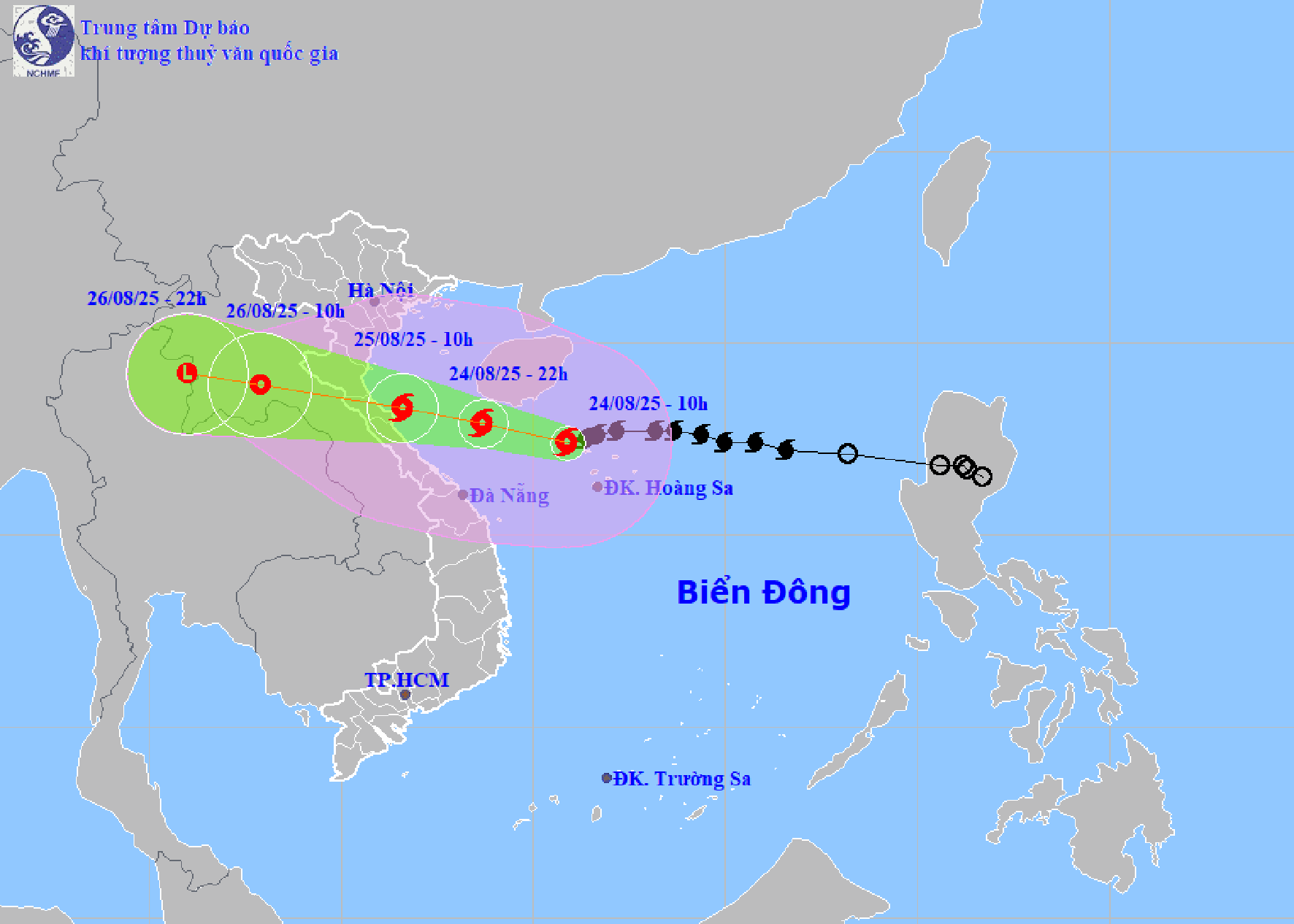

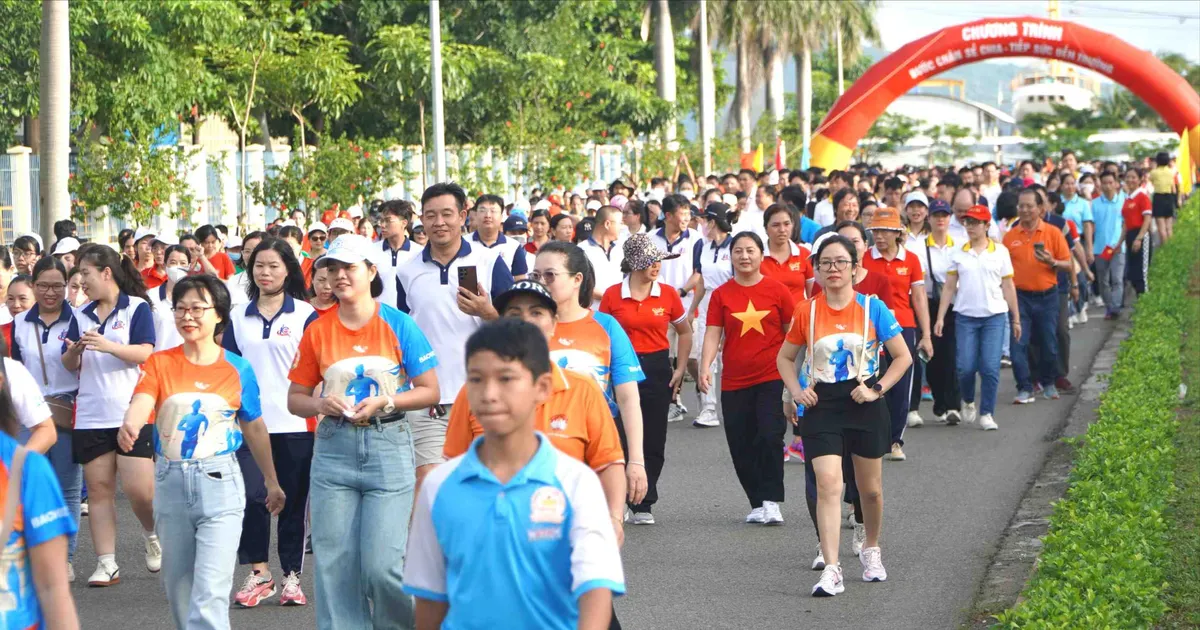

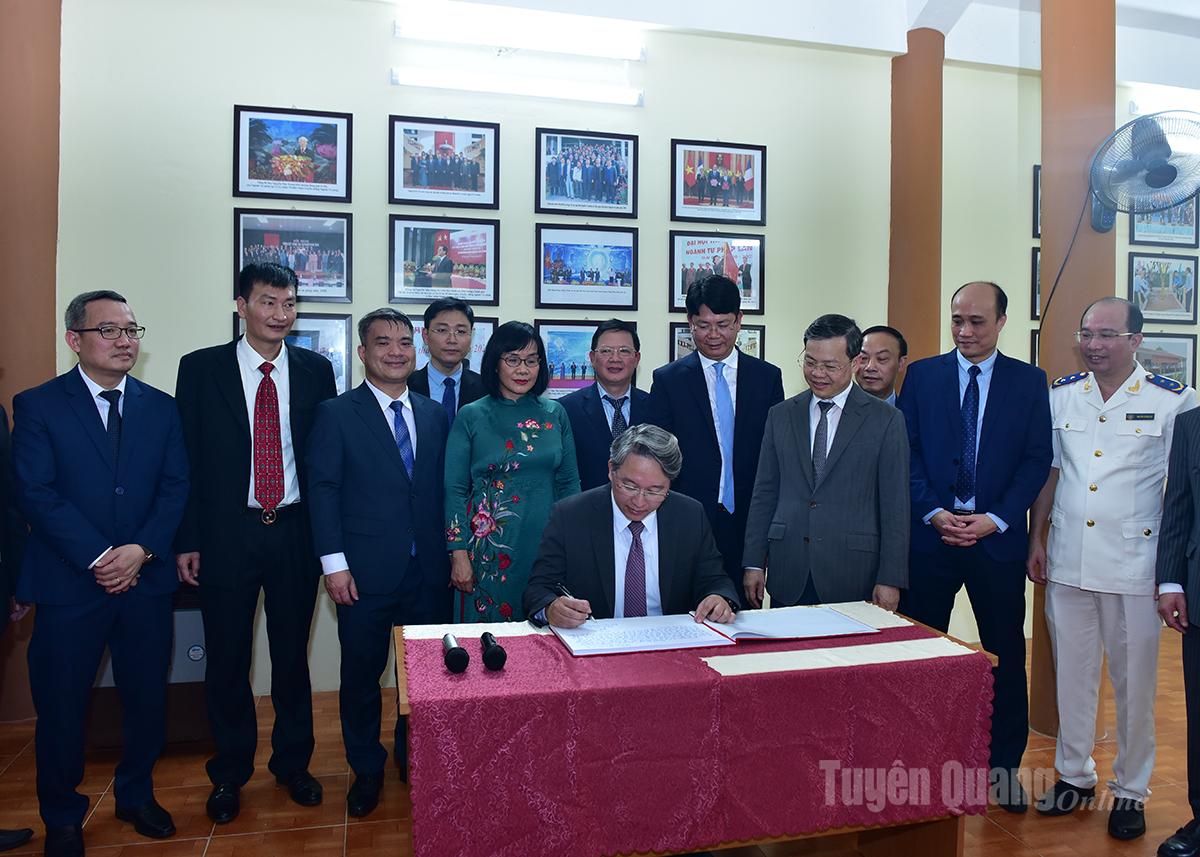
















Comment (0)